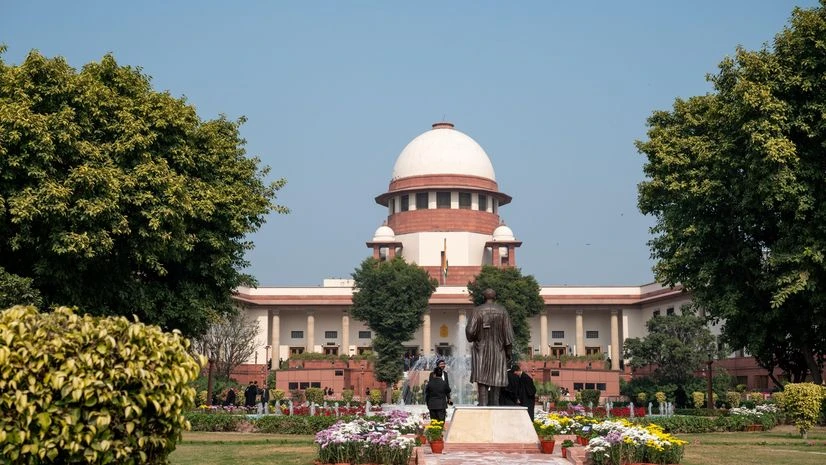The Supreme Court on Thursday directed that no new suits or specific directions for surveys concerning religious sites shall be entertained by lower courts until it concludes hearing pleas regarding Places of Worship (Special Provisions) Act, 1991.
The top court commenced hearings on a batch of petitions both challenging and supporting the constitutional validity of the Places of Worship Act. The Bench, led by Chief Justice of India (CJI) Sanjiv Khanna and Justices PV Sanjay Kumar and KV Viswanathan, is examining the scope, ambit, and validity of the law.
"Our direction includes that no other court shall pass any specific directions of surveys, no effective interim order shall be passed till the court concludes this case," the CJI said.
The top court also ruled that no effective interim or final orders would be passed in pending lawsuits until further notice.
Additionally, the Centre has been given four weeks to file its reply to the various pleas, with an additional four weeks granted to the parties for rejoinders.
Places of Worship 1991 Act
The Places of Worship Act was enacted in 1991 to preserve the religious character of places of worship as they existed at the time of India’s independence. The law explicitly bars courts from entertaining disputes over the character of such sites, except for the Ram Janmabhoomi in Ayodhya, which was excluded from the Act and formed the basis for the Supreme Court’s landmark 2019 judgment.
The outcome of the current proceedings could influence ongoing legal battles involving religious properties. Prominent cases include the Gyanvapi Mosque in Varanasi, the Shahi Eidgah Mosque in Mathura, the Shahi Jama Masjid in Sambhal, and the Ajmer Dargah in Rajasthan.
More From This Section
Petitioners in these cases claim these mosques were built over ancient temples, while Muslim parties argue such suits are barred under the Places of Worship Act.
Petitioners and arguments
One of the main petitioners is Bharatiya Janata Party (BJP) leader Ashwini Upadhyay, who contends that the Act perpetuates "injustices" by allowing illegal acts of invaders who converted places of worship to go unchallenged. On the other hand, groups such as the Jamiat Ulama-i-Hind argue that the Act is being targeted to indirectly challenge Islamic religious sites.
Other petitioners, including the Vishwa Bhadra Pujari Purohit Mahasangh, have also approached the court, leading to multiple intervention applications. The Supreme Court has allowed Muslim organisations and other parties to participate in the proceedings.
(With agency inputs)

)